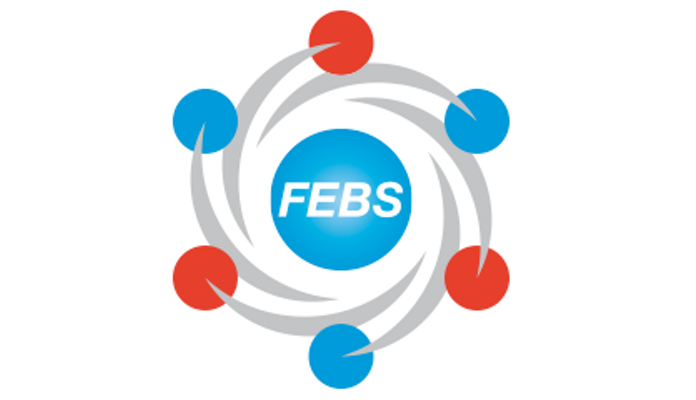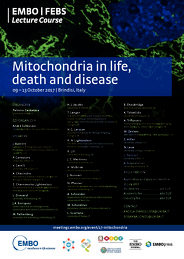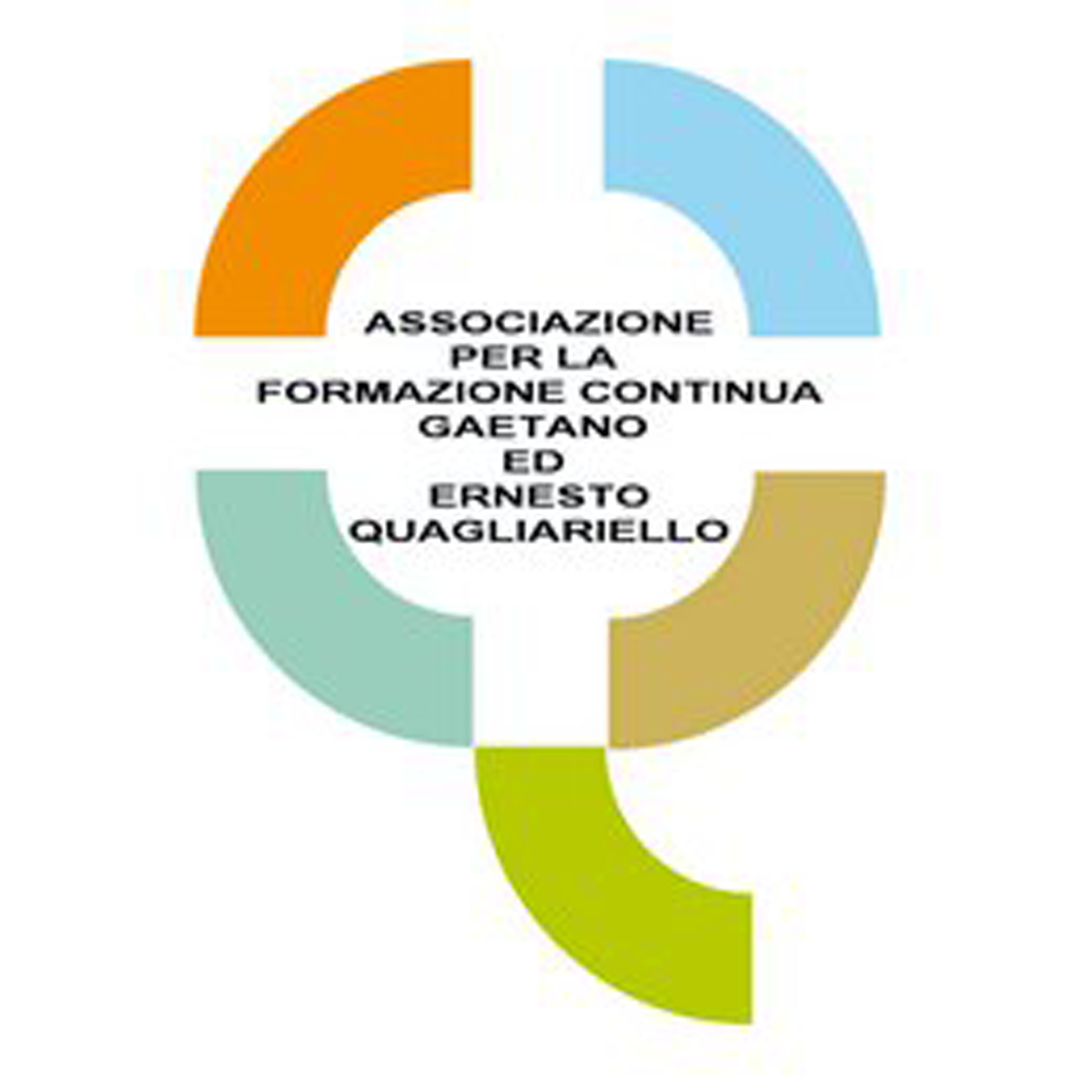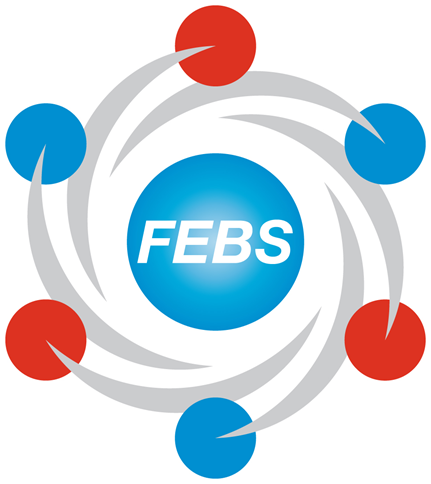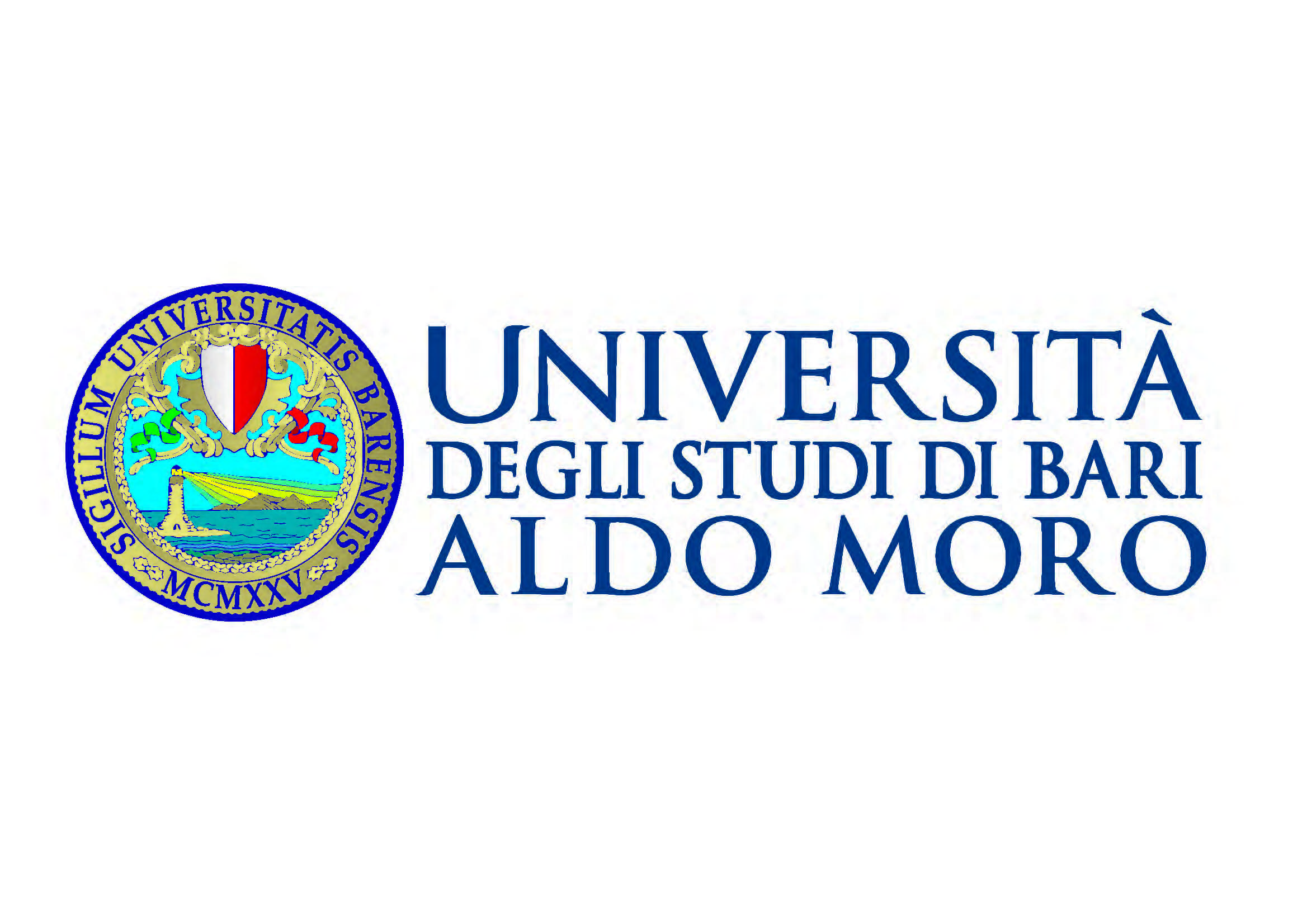About the EMBO-FEBS Lecture Course
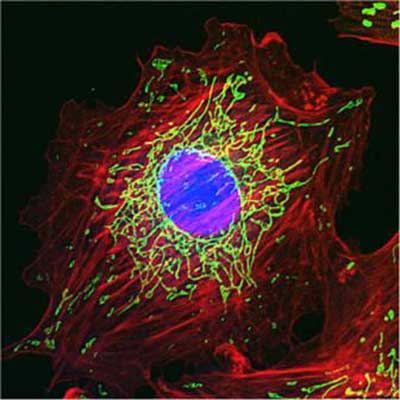
Mitochondria are prominent in every textbook of biochemistry and cell biology. It is common knowledge that they are the power plant of the cell, which produces ATP by oxidative phophorylation and that this energy production requires multicomponent membrane complexes in the inner membrane. Moreover, it is also discussed in textbooks that all mitochondria have their own DNA encoding a few essential components of the oxidative phosphorylation system. The mitochondrial genome is then used to introduce the endosymbiontic theory, which explains the origin of mitochondria by a fusion of a bacteria with an archeal prokaryotic host, resulting in a system that subsequently evolved to the ancestor of all present day mitochondria.
Although these textbook knowledge of mitochondria is very important, it does not give justice to the enormous progress and conceptual advances that have been made in the field of mitochondrial biology in the last decade. This results in a wealth of novel information regarding their basic function, but it also revealed many novel roles these organelles play in the context of cellular physiology in both unicellular and complex multicellular systems. Thus mitochondria interact and communicate with other organelles. They are involved in complex metabolic networks mediating cell survival, apoptosis, redox control, calcium homeostasis and many metabolic and biosynthetic pathways.
This EMBO|FEBS lecture course will deal with a number of research areas that have a great impact on the understanding of mitochondrial biology general.
It will be organized in six sessions that include:
1. Mitochondrial DNA maintenance and gene expression
2. Mitochondrial biogenesis and metal biology
3. Mitochondrial protein import Mitochondrial protein import
4. Organelle metabolism, signalling and quality control
5. Mitochondrial behavior and interorganelle contacts
6. Mitochondrial diseases
Young students and postdocs will have many opportunities to meet and discuss with established PIs in an informal context, during ‘meet the PI’ sessions, informal round table discussions and poster presentations.
Download group photo here.
About EMBO Courses and Workshops
EMBO Courses and Workshops are selected for their excellent scientific quality and timelines, provision of good networking activities for all participants and speaker gender diversity (at least 40% of speakers must be from the underrepresented gender).
Organisers are encouraged to implement measures to make the meeting environmentally more sustainable.
About FEBS and the FEBS Advanced Courses programme
As a grass-roots organization FEBS provides a voice to a large part of the academic research and teaching community in Europe and beyond. The FEBS Advanced Courses programme provides grants to expert scientists to organize courses that bring together researchers working in a similar research area, for training, updates, and networking. FEBS collaborates with EMBO, and other organizations, to co-fund some of these courses. You can learn more about FEBS here.


